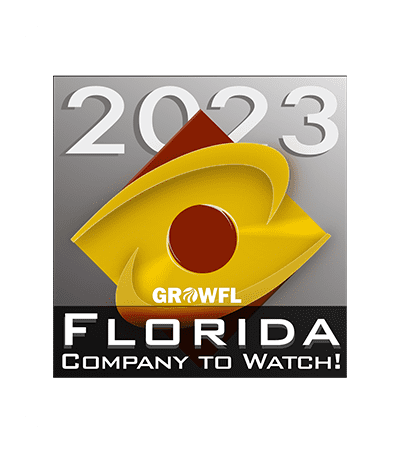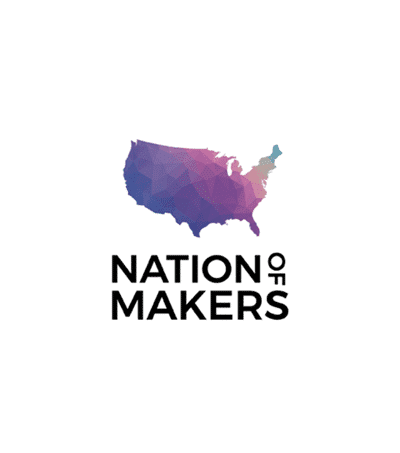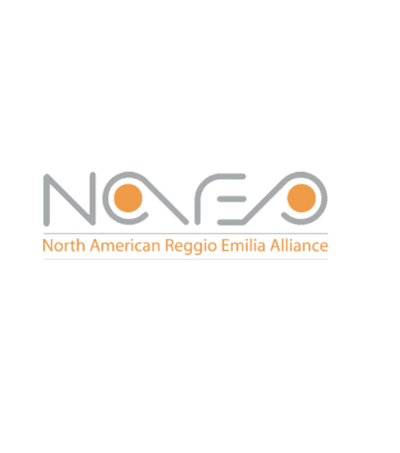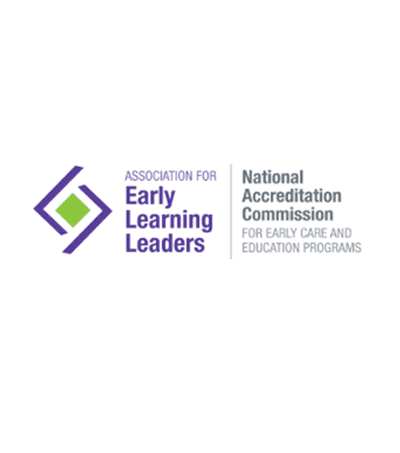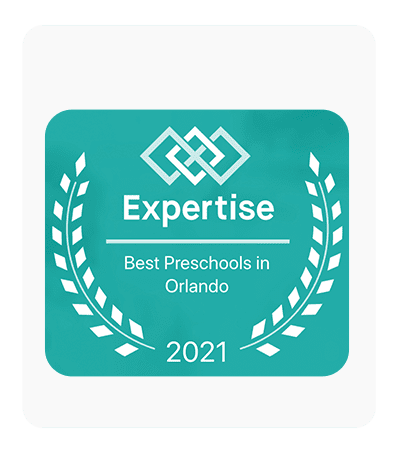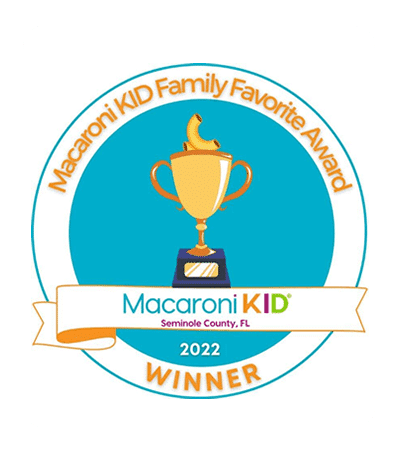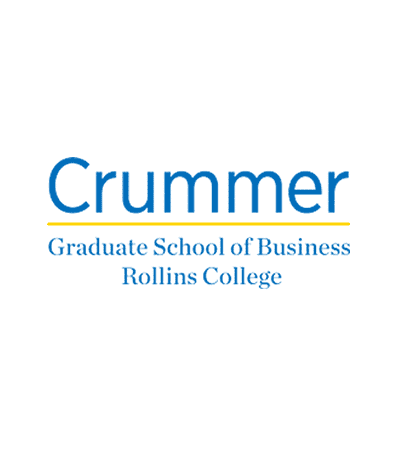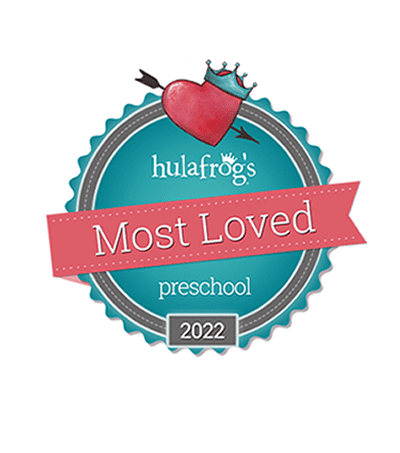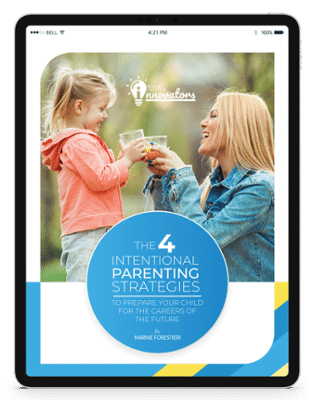
Empowering Children Through Maker-Centered Education
Centered Education: When my children were growing up, I was a helicopter mom. I had the best intentions at heart. (I just wanted them to be successful and get into the best schools.)
During a school event, I overheard some of the moms talk about how math and STEAM (Science, Technology, Engineering, Arts, and Math) careers could give children a competitive advantage.
Like the rest of the moms, I enrolled my children in Kumon, the tutoring center that helps children improve in their math and English skills.
However, if I had the chance to give any advice to my younger version, I would probably have done things differently, as they were not struggling in school.
I waited long hours at the Kumon reception for them to practice worksheets. After each tutoring session, I had to endure the same question, “Mom, why is it that we have to go to Kumon?”
I had that part under control: an entire speech on how the careers of the future had to do with math and STEAM.
They reluctantly sat in the backseat complaining silently as they worked through their endless math worksheets. I also had a convincing speech on athletic scholarships.
I drove them back and forth to Kumon until it became torture for all of us.
That’s when they officially became Kumon dropouts.
Learning Inspired by Passion
As an educator, I have become more aware of the importance of allowing children to pursue their interests and passions through Maker-Centered Learning.
Maker-Centered Learning is a framework where children create things they are passionate about.
Maker education promotes student empowerment by engaging students to become more aware of the sense of agency, which places the child’s interest first.
Children who are exposed to Maker-Centered Learning see themselves as people who can create and improve that design. Children who develop a sense of learning take ownership and responsibility of their learning and become independent learners without being dependent on others.
According to an article published by Barbara Bray, children who have a sense of agency have the following:
- They understand that they can create things
- They are proactive in their learning
- They set goals and action steps to create something
- They develop learning strategies and skills to support meeting the action steps
- They select appropriate tools and resources for each task
- They develop curiosity to learn about the world with the world
- They self-direct and monitor progress in learning
- They reflect on evidence of learning
- They identify their passion and purpose for learning
- They foster an authentic and meaningful life
- They take responsibility for their own learning
Maker education is fundamentally about approaches, mindsets, and communities that allow children to shape their world.
As I Live and Learn
From this experience, I discovered that learning only happens when children are engaged with content, passionate about learning, and driven by their interests.
As for my two Kumon dropouts, they ended up finding their passions and being more successful in pursuing their interests. Oliver will graduate from Dartmouth, Class of 2020 and Valerie attends Stanford.
Neither of them will go into any STEAM discipline but will follow their passion for writing and storytelling.

Want to learn more about Maker-Centered Learning? Sign up to receive copies of Young Innovators articles delivered right to your Inbox!














